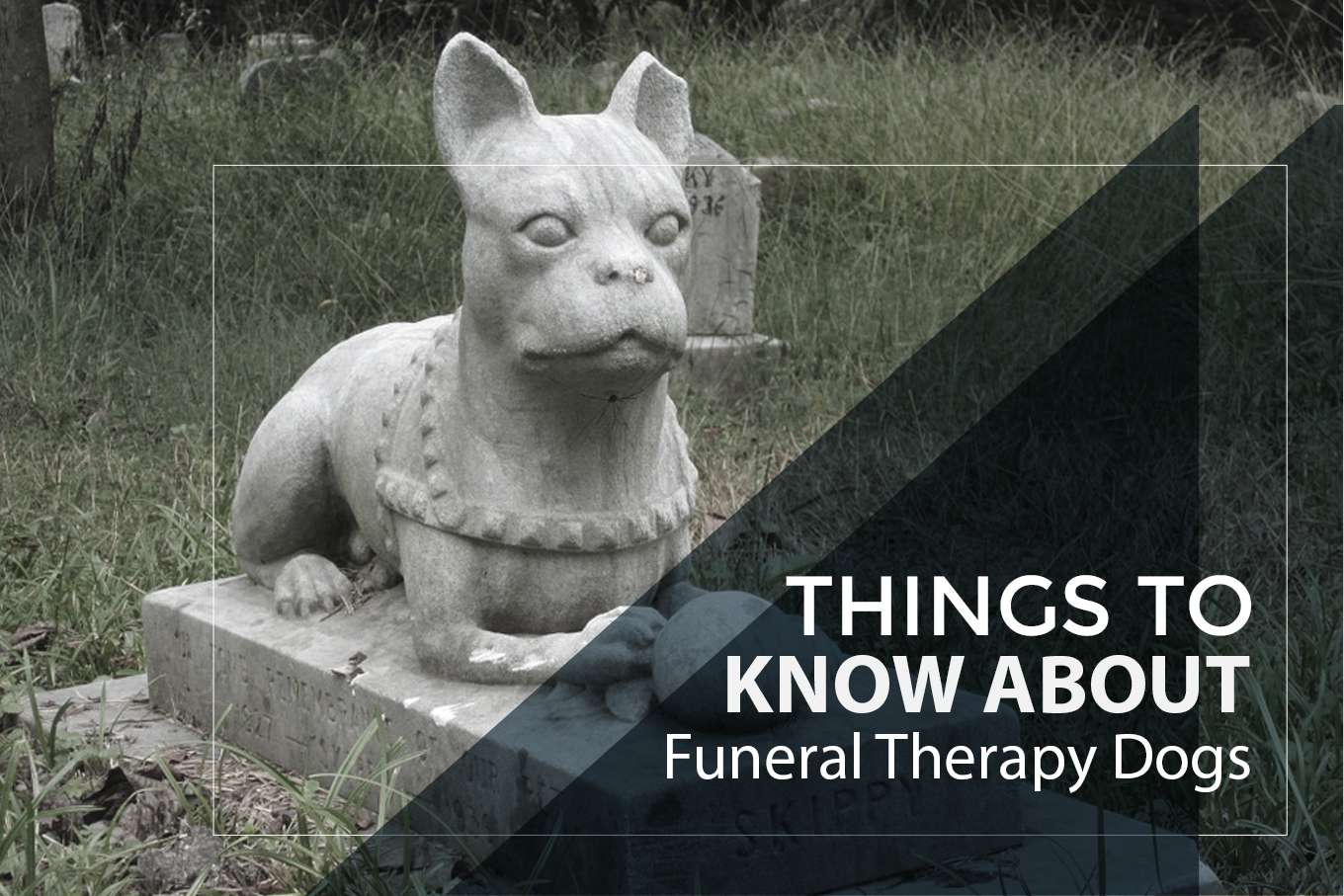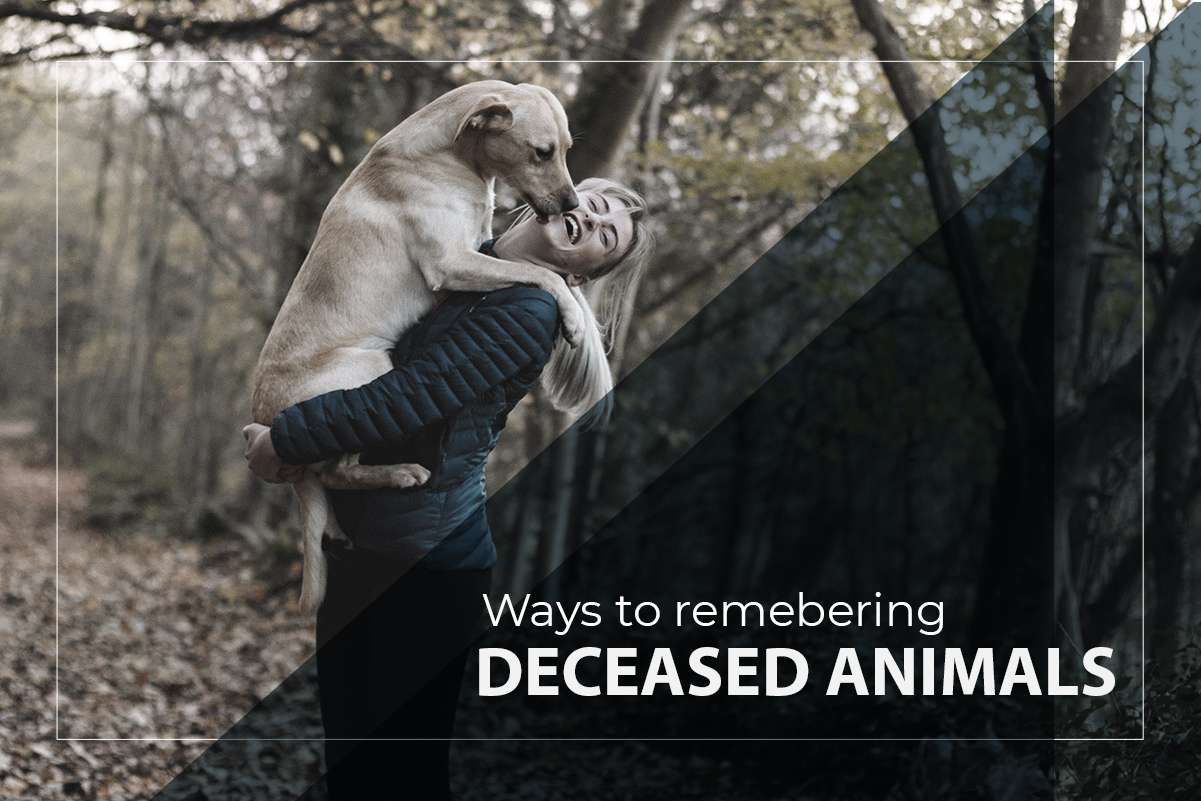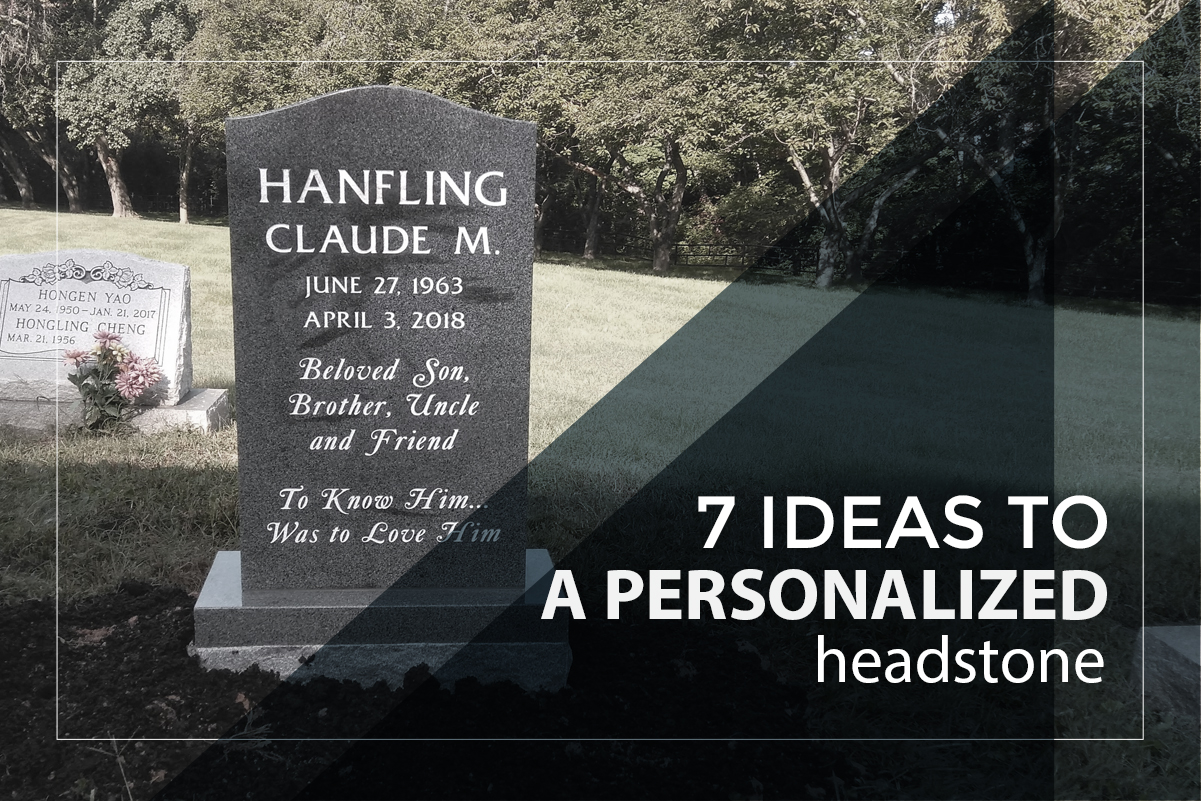
Everything you want to know about the therapy dogs at funerals
There’s a reason why dogs are nicknamed ‘man’s best friend. If you too are a dog-lover, you will agree how just a few minutes with your four-legged friend can brighten your day and help you feel better.
Pet therapy strongly endorses this idea by taking it a notch higher. Using the help of canine companions, pet therapy comforts people who are facing difficult times in their personal lives. From depression and anxiety to Alzheimer’s and Asperger’s -therapy dogs are used in care homes, hospices and to visit elderly people struggling with loneliness.
Recently funeral homes across the US have introduced therapy animals to help the bereaved family cope with grief.
So, what exactly is pet therapy?
Also known as Animal Assisted Therapy (AAT), pet therapy involves an animal interacting with the client in order to improve their mood and bring them comfort. People have the freedom to choose if they wish to pet, play with or hug the animal. These therapy animals are accompanied by their owner or handler, as these animals need to have a certain temperature and friendliness to make them suitable.
It’s not exactly known how many funeral homes in the US employ therapy dogs but there has been an increase since the last few years. In fact, according to the National Funeral Directors Association (NDFA) survey, more than half of the survey participants voted in favor of having a therapy dog at a memorial or funeral service.
Does pet therapy really work?
Majority of scientific studies into AAT show positive results from interaction with animals. These studies were focused around many different conditions including people with Alzheimer’s, developmental disabilities, schizophrenia, Down’s syndrome, and children with autism.
Therapy clients were reported feeling happier and less distressed with a noticeable decrease in the intensity of their symptoms after pet therapy.
How do therapy dogs help alter the mood at funeral services?
Having a positive presence of an animal provides affection and comfort in dealing with an intensely distressing time.
Petting a therapy dog increases dopamine and serotonin levels in our brain, which ultimately improves our mood by lowering depressing, stress and anxiety. Studies have also shown that therapy dogs can also lower blood pressure and help those who are dealing with grief.
Therapy dogs have a great ability to sense a person’s emotional needs and respond to them with unconditional love. As those who are dealing with grief experience an arsenal of these emotions, therapy dogs can make the perfect companion to help ease stress and anxiety. This power of a therapy dog to transform the mood of a room is amazing, and funeral directors are working hard to promote healthy healing in people who are dealing with the loss of a loved one.
But obviously, pet therapy is not for everyone. While some people love to have the company of an animal friend, others might not even like the idea of it. However, it is important to understand that a therapy dog will not completely make grief disappear.
If you are planning a memorial service for your loved one, you might also want to check out some headstone engraving services. For comparison of tombstones prices and some inspiration related to writing heartfelt condolences messages, visit https://easternmemorials.com/galleries/granite-memorials/
















